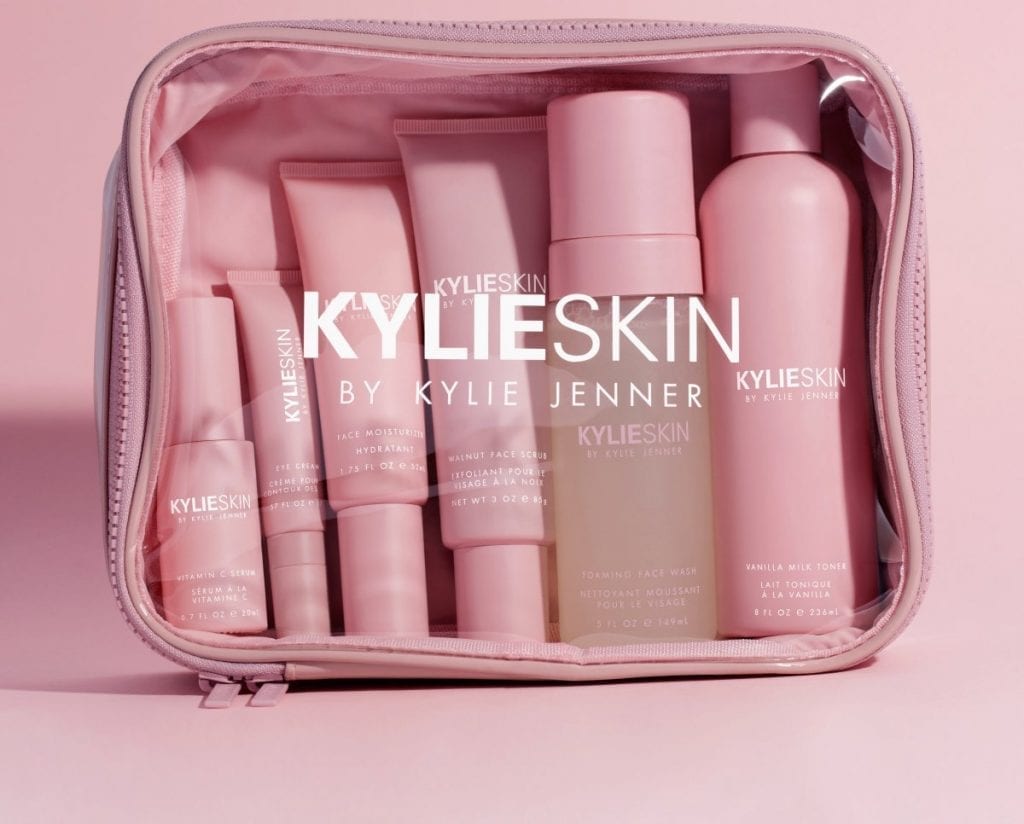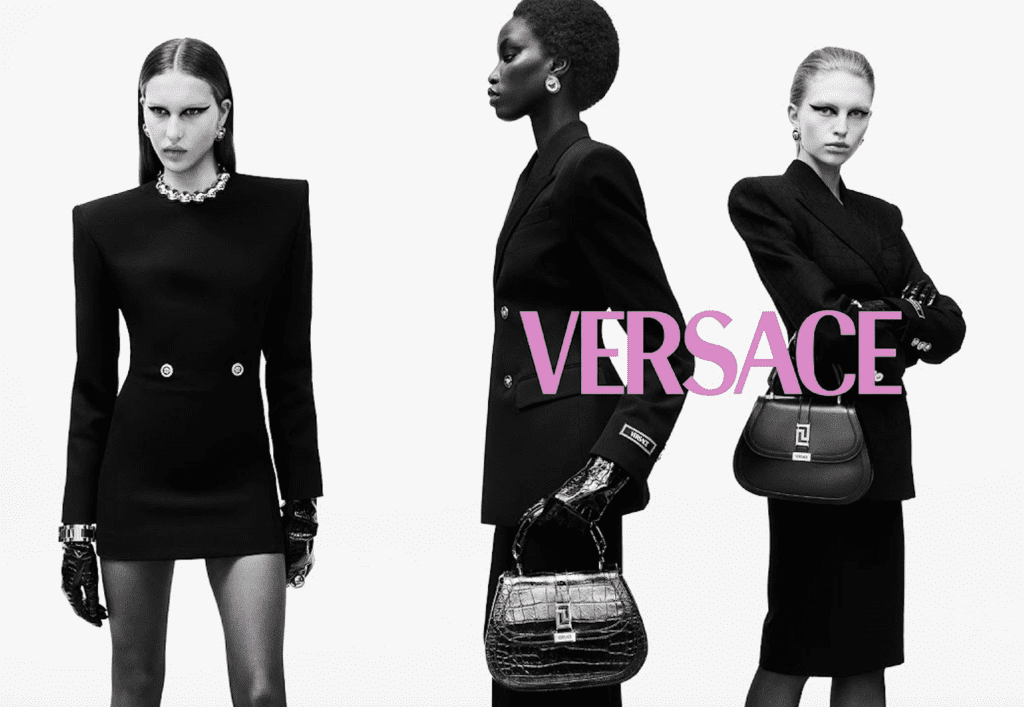Recent high-profile beauty M&A deals, coupled with current economic uncertainty, have brought renewed interest in the “lipstick index.” Leonard Lauder, the former chairman of Estee Lauder, coined the term during the 2001 recession upon seeing the rise in lipstick sales, which, in his mind, “indicated that women facing an uncertain environment turn to beauty products as an affordable indulgence while they cut back on more-expensive items,” such as Gucci handbags or Chanel garments.
The lipstick index was heavily cited during the Great Recession in the mid-2000s in light of a rise in beauty sales, and now, there are signs that the global beauty industry may once again prove resilient in the face of economic uncertainty and market volatility, with nailcare products, for instance, being among some of the most heavily sought-after COVID-19 era beauty-related products, following double digit growth.
Attractive Opportunities
The global beauty industry – which was worth around $532 billion prior to the onset of COVID-19 and is expected to be worth $805 billion by the end of 2024, according to Euromonitor data – has demonstrated recession-resilience with continued growth, driven largely by digitalization, social media, and increasing demand from emerging economies. Investors are taking note — beauty deals offer attractive opportunities in growing companies with potential to generate significant margins at scale. (Private equity accounted for 47 percent of beauty M&A deals in 2019).
However, the beauty market has changed rapidly in recent years and the key issues in acquisition/investment deals have evolved. Brand and other intellectual property rights are still important, but in an era of digitalization, premiumization and product authenticity, celebrity and social media endorsements, and more direct customer engagement, companies and their legal teams must take a fresh approach to the drivers of value in beauty deals.
Recent Deals Highlight Importance of Celebrity, Social Media
One striking element in recent deals in this space: famous founders. Many M&A deals have targeted the next generation of beauty success stories by going after the rapidly changing face of the beauty industry, where the impact of social media has exploded and the power of YouTube and Instagram influencers has proved transformative. Coty, Inc.’s 2019 purchase of a controlling stake in Kylie Jenner’s cosmetics company for $600 million is one key example of this.
Potentially seeking to double-down on famed brands, Coty, Inc. is reportedly eyeing a deal with Jenner’s sister Kim Kardashian and her beauty brand KKW.
Others in the space, such as Instagram makeup artist-turned-beauty mogul Huda Kattan, for instance, have been able to secure significant valuations for their businesses in large part due to the traction they garner as a result of their sizable (and oftentimes, heavily devoted) social followings.
Trade Secrets & Due Diligence
Investing in an industry that has always been underpinned by brand value now requires an even more sophisticated strategy towards protecting market share. Many beauty brands do not own the often generic or unprotectable formulas used in their products, and instead, rely on exclusive manufacturing agreements to prohibit the manufacturer from making a competitive product or formula for anyone else. The robustness of these agreements can be critical to protecting innovative products, and also safeguarding brand reputation, particularly amid growing demand for ethical production and sustainable ingredient sourcing.
Many beauty companies (and beyond) are now digitally native, which means that in addition to the products, themselves, it is not uncommon for a brand’s marketing strategy to exist exclusively online, using celebrity and blogger endorsements. This means that while conducting traditional diligence – such as ensuring that intellectual property rights, including trademarks and in some cases, patents, are appropriately protected – is still important, firms should conduct digital due diligence on marketing communications to confirm control of key names and social media accounts, and the role of any individual influencer in driving value.
This should include a deep dive into previous media campaigns and the individual brand founders and affiliated influencers, themselves, and any previous incidents that could impact consumer opinion about a product, campaign, or the brand as a whole.
In many deals, maintaining a strong working relationship with the individual behind the brand (regardless of the ownership breakdown that follows from the merger or buyout) is critical, so a solid legal backdrop around restrictive covenants, as well as name and image licensing rights is vital. Kylie Cosmetics is arguably a lot less valuable without Kylie (and her 181 million Instagram followers), after all.
Scientific & Technological Developments
Beauty brands are also leveraging scientific developments and using emerging technologies, including artificial intelligence and augmented reality, as well as existing digital communication technologies to create personalized and customized services and products. L’Oréal’s recent launch of augmented reality lenses for Snapʼs desktop app allows customers to virtually try on looks from its brands. Shiseido’s “Optune” is employing the Internet of Things and science to connect devices and apps to analyze skin condition, temperature, humidity, and sleep data etc. to choose the best product mix. These developments mean that data protection and software ownership, issues not typically associated with beauty deals, are now increasingly relevant.
In our view, deal teams must remain alert to developments — maximizing new beauty opportunities will require more than just lipstick to engage customers and remain appealing in this competitive market.
David Walker is an M&A lawyer at Latham & Watkins. Laura Kichenside is an associate in the Corporate Department of Latham & Watkins. (Edits/additions courtesy of TFL)











